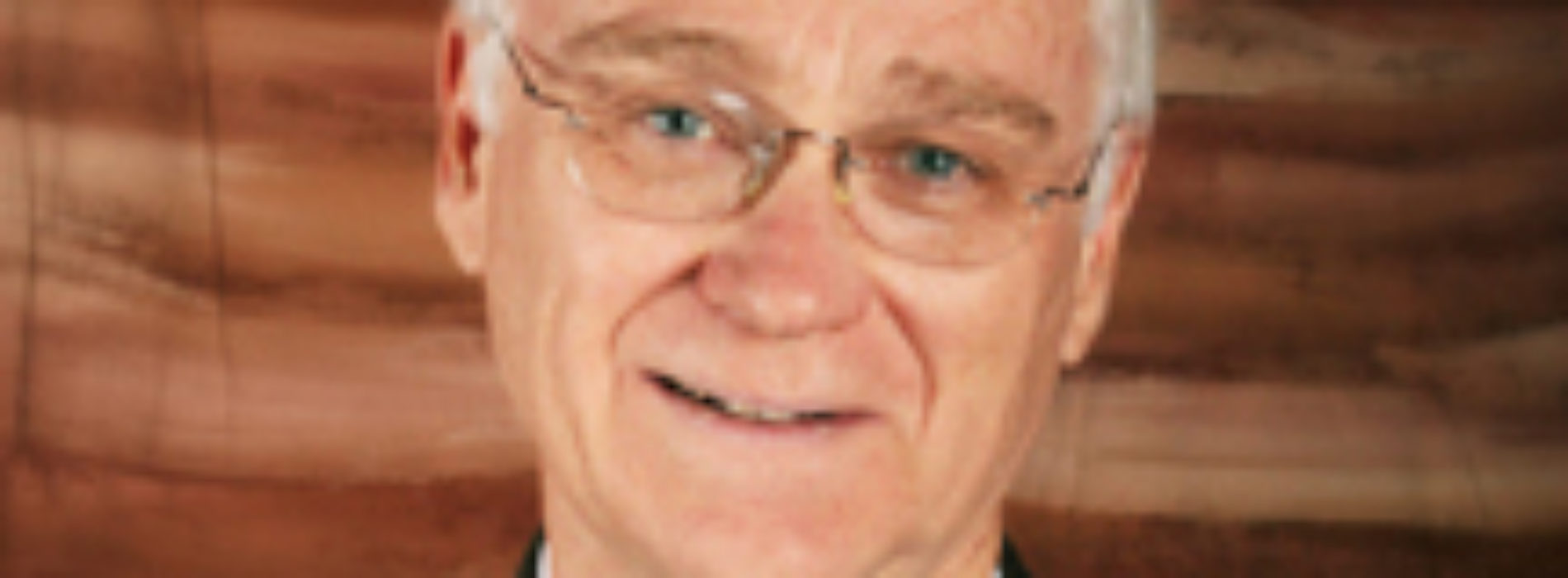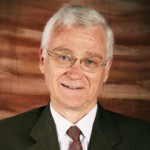Two Cheers for Technology
I am sitting in a hotel room in Orlando as I write this. There are wires all over the desk and my laptop computer, my iPhone and my Kindle have all been recharged. I should not forget that new iPad, necessary for yesterday’s hospital system board meeting.
And I thought I was skeptical of technology!
My friends mock me as an old-fashioned crank, a lover of real books, fountain pens, pocket watches and phonograph records. One of them claims that I justified my refusal (a few years ago) to use an answering machine with the assertion “St. Augustine got by without one.” (I don’t remember that.)
Checking my e-mail, I discover a small debate going on among Southwestern faculty and staff about the value of technology in education. One teacher warns about the folly of “sacralizing the digital.” (It is the sort of conversation that should thrive on a small campus.)
I restrain myself and stay out of this debate. At the same time, I am intrigued by the impact of digital technology on my life.
Mind you, I am not about to recant certain settled convictions. Don’t expect me to start saying things like “The book is dead” or “Libraries are obsolete.” I still think that an eloquent lecture beats PowerPoint every time. I am certainly not going to start preaching that “twenty-first century education” is qualitatively different from all previous education.
And yet it is hard not to be amazed by the potential of technology, intelligently used.
Three days ago, I read a brief reference in the Wall Street Journal to an old book that sounded interesting. The book was George Gissing’s 1903 novel The Private Papers of Henry Ryecroft. Instead of going to a library or a used book shop, I checked with Amazon.com. Within a few minutes, I had a copy (a free copy) downloaded to my Kindle and I was able to enjoy the book on the flight to Orlando.
This incredible technology takes us only so far, of course. It does not tell us why The Private Papers of Henry Ryecroft is worth reading, or help explain it to today’s students. (The main character is not rich but employs a servant, is not a scholar but knows Latin and Greek.)
In any case, I am greatly enjoying the book. Maybe the reason I like it is that the main character is an aged bibliophile (fifty-three, I believe). In the pre-digital days of a century ago, he loved books so much that he sometimes skipped a meal to buy a book.
Thanks to technology, I can admire him without going hungry myself.
About author
You might also like
Sabbath Attire
Growing up with a father who is a pastor and a mother who is a teacher puts quite a bit of stress on how other people perceive you. I am
I Found My Passion For the Gospel Choir
(edited by Keysha Marie Ortiz Ramos) I was 17 when I first came to Southwestern Adventist University. I remember that I was starting to learn how to use the webmail
Ten Years From Now
Kelsey Workman wants to know what I will be doing ten years from now. That’s the assignment the editor of Mizpah, Southwestern’s annual, gave to everybody. God willing (or








4 Comments
Jazzmine Bankston
April 12, 14:01Eric Anderson
April 12, 15:48Jazzmine Bankston
April 17, 19:20Jazzmine Bankston
April 12, 14:03